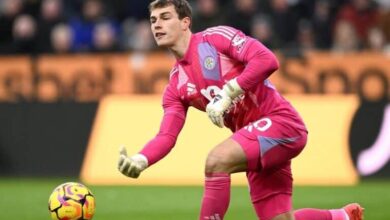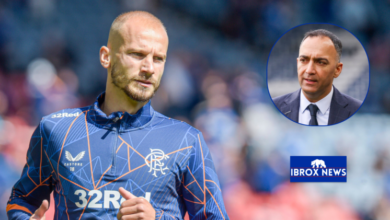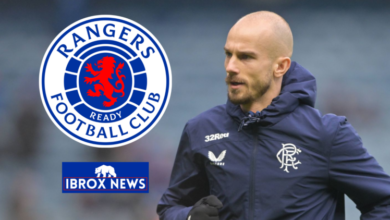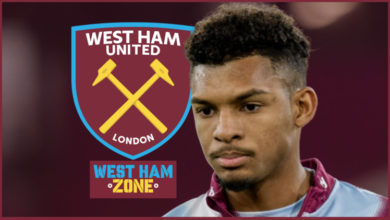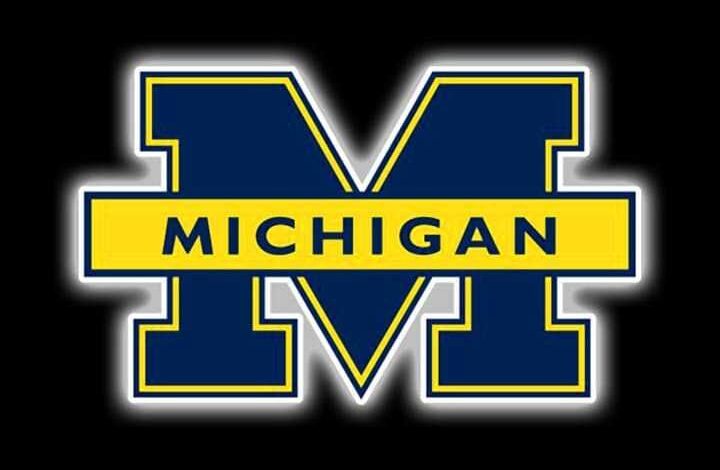
In the view of some observers, the absence of a contract extension for Jim Harbaugh is often attributed not to the individual currently contemplating an NFL move, but to Warde Manuel, the athletic director who has become a divisive figure, prompting fans to initiate petitions demanding his removal and labeling him a “Public Enemy.” Whether perusing social media or engaging in discussions with fervent Michigan supporters about Harbaugh’s future, a significant portion of the discourse tends to involve criticizing Manuel.
This criticism is not unfounded, given Manuel’s track record of questionable decisions in recent years. These decisions include attempting to retain coaches with abusive behavior, reneging on contracts shortly after their signing, and adopting Name, Image, and Likeness (NIL) policies at a sluggish pace. Particularly troubling is Manuel’s failure, at a time when the football team has achieved powerhouse status, to secure the continued presence of the iconic figure responsible for its success.
However, it would be an oversimplification to place the blame solely on Manuel. Harbaugh bears a share of the responsibility due to his persistent exploration of NFL opportunities. Harbaugh’s baggage, compounded by two ongoing NCAA investigations into his program, raises uncertainties about his future. Consequently, his contract negotiations seek safeguards, such as an arbitration panel clause in case of termination, even as he purportedly aims to become the highest-paid college football coach. While Harbaugh claims that his decision is not driven by financial considerations, the unresolved investigations contribute to the complexity of his contractual situation.
While fans might be inclined to grant Harbaugh every desire, including a lifetime contract and a substantial salary, Manuel’s responsibility is to approach the negotiation process diligently. Balancing the interests of both parties is crucial, and the process involves not only getting Harbaugh back on board but ensuring that the contract aligns with the Wolverines’ best interests.
Meanwhile, Harbaugh’s ongoing interviews with NFL teams add another layer of uncertainty. Despite initial meetings with the L.A. Chargers and Atlanta Falcons, and a scheduled follow-up with the Falcons, Harbaugh’s loyalty to Michigan remains in question. His reluctance to unequivocally commit to a return signals that, regardless of the negotiation details, he is not fully sold on coming back.
Ultimately, Manuel can attempt to persuade Harbaugh to stay, but the decision lies solely with the coach. Harbaugh’s current dalliance with the NFL suggests that emotional ties to Michigan may not be sufficient, and Manuel’s patience in the negotiation process does not guarantee Michigan’s continued desire for Harbaugh. The complex relationship between Manuel and Harbaugh, with a history of contract negotiations involving U-M President Santa Ono, adds another layer of complexity.
While Manuel has faced criticism, he made a calculated decision to retain Harbaugh in the face of fan demands for removal after a challenging season. Manuel’s trust in Harbaugh has been rewarded with national championships, but the ongoing uncertainty surrounding Harbaugh’s commitment is not solely Manuel’s responsibility. The dynamics between the two are intricate, and Manuel should not be unfairly scapegoated for Harbaugh’s ongoing NFL saga. Understanding the nuances of the situation is essential, rather than assigning blame solely based on surface-level perceptions.
